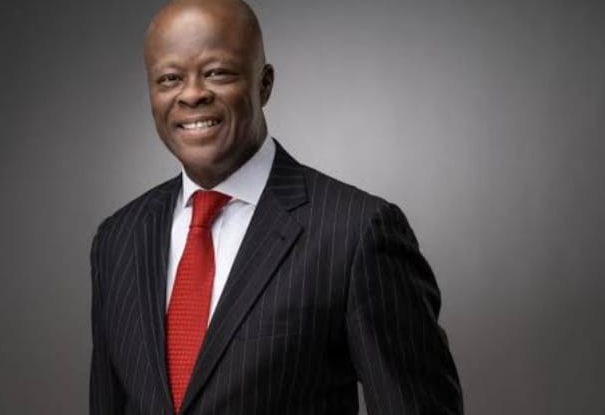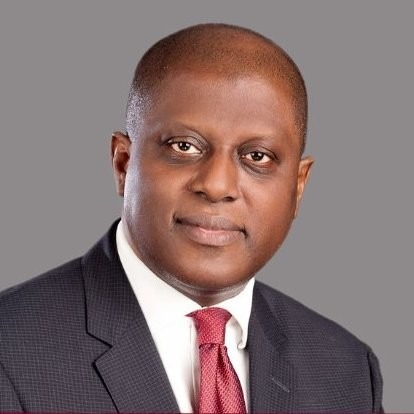IMF Downgrades Nigeria's 2025 GDP Forecast

Experts have expressed differing opinions regarding the International Monetary Fund's (IMF) recent downgrade of Nigeria's Gross Domestic Outlook (GDP) from 3.2 percent to 3 percent for 2025. This adjustment, announced during the IMF's World Economic Outlook (WEO) report at the spring meetings in Washington D.C., also projects a further slowdown to 2.7 percent in 2026. The IMF attributes these estimates to a broader decline in global economic activities, influenced by tariffs imposed by the United States and subsequent countermeasures from its trading partners.
The IMF anticipates a marginal increase of only 0.6% in Nigeria's real per capita output in 2025 and 0.3% in 2026. This suggests limited improvement in individual income levels despite the projected overall growth. These figures lag behind the Sub-Saharan Africa average, highlighting persistent inequality and diminished household purchasing power. According to Prof. Ken Ife, lead economist for ECOWAS, Nigeria's economy is poised to outperform the IMF’s projections, potentially reaching up to 4 percent growth in 2025. He cites positive balance of payments, anticipated increase in household and public consumption following tax reforms, and domestic investments, particularly the Dangote refinery selling refined petroleum in Naira, as key factors supporting this optimistic outlook.
Dr. Oluseye Ajuwon, a lecturer at the African School of Economics, suggests that the downgrade might be a broader issue affecting multiple nations due to ongoing trade wars, particularly those involving the United States. He notes that tariffs on Nigerian goods could negatively impact the economy and exchange rates, which have already risen to approximately N1,650 per dollar.
The IMF also projects Nigeria's headline inflation to average 26.5% in 2025, following a rebasing of the Consumer Price Index (CPI) by the National Bureau of Statistics (NBS). While this represents a decrease from 33.2% in 2024, inflation is expected to rise again to 37.0% in 2026. The IMF acknowledges Nigeria's policy measures, including the removal of fuel subsidies, cessation of central bank deficit financing, and unification of exchange rates. However, it stresses the importance of broader reforms to address structural inefficiencies, enhance productivity, and curb inflation in the long term.
Data from the Central Bank of Nigeria indicates a Balance of Payments surplus of $6.83 billion in 2024, the first in three years, driven by surpluses in the current and capital accounts and a goods trade surplus. Nevertheless, concerns remain about the sustainability of this surplus. JP Morgan cautions that sustained low oil prices below Nigeria's fiscal breakeven point of $60 per barrel could lead to a current account deficit. Conversely, Fitch Ratings forecasts a moderate surplus averaging 3.3% of GDP over 2025–2026, supported by refinery projects such as the Dangote refinery and energy reforms.
In January 2025, the NBS updated the CPI base year from 2009 to 2024 to reflect current household spending patterns, resulting in recalibrated inflation figures. The inflation rate moderated to 24.48% in January and further to 23.18% in February before rising again to 24.23% in March. The Central Bank of Nigeria (CBN) has maintained its Monetary Policy Rate at 27.5%, signaling a cautious approach to managing inflationary risks.
Wale Edun, the Minister of Finance and Coordinating Minister of Economy, is leading the Nigerian delegation to the 2025 International Monetary Fund (IMF) Spring Meeting in Washington D.C. The meeting brings together delegations from 190 countries to promote global macroeconomic financial stability. Discussions will focus on building a more resilient world economy, supporting sustainable development, addressing the economic impacts of climate change, and reforming the global financial architecture to support developing countries.










